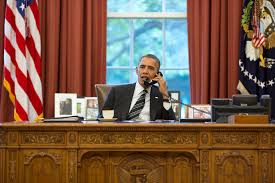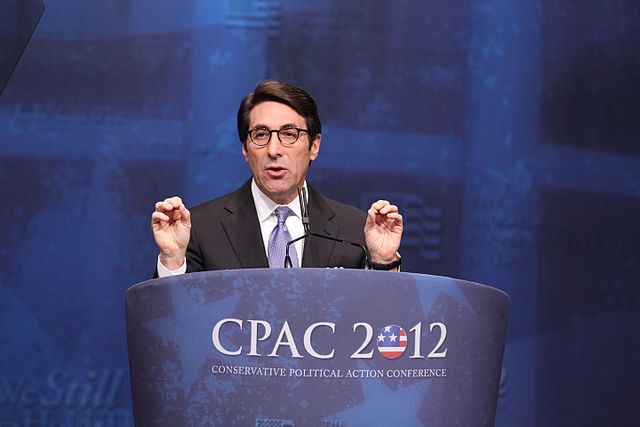
After Israeli Prime Minister Benjamin Netanyahu harshly criticized the American-backed deal the international community struck with Iran, Obama phoned Netanyahu to reassure him about the agreement.
Netanyahu called the deal an “historic mistake” in response to the many observations that the move was an “historic victory for diplomacy.”
The deal was finalized at about 3am on Sunday morning in Geneva between Iran and six of the world’s major powers, Russia, China, Germany, France, the UK and the US. The agreement came after four days of hard negotiations and months of sanctions on Iran, which will be partially lifted as part of the deal.
The White House said the agreement is temporary, and grants $7 billion worth of sanction relief over the coming six months. In exchange Iran must stop their production of higher-grade enriched uranium and allow intense international inspections of its nuclear facilities. At the end of the six months the six world powers will come back to negotiate a comprehensive settlement on the nuclear issue in Iran.
The major, and most controversial part of the agreement is the concession from the west to allow Iran to continue to enrich uranium up to the level of five percent which is the level needed to power a nuclear reactor. Previously UN Security Council resolutions forbade Iran from enriching any uranium at all: the world body had called for a complete freeze on Iranian uranium enrichment activities.
Iran’s President Hassan Rouhani was happy with the deal.
“The government is happy that such an agreement at such a level has been reached between Iran and major powers after 10 years whether it is for six months or [the] interim,” he said at a press conference in Tehran on Sunday.
US President Barack Obama said the deal was “an important first step,” hopefully opening a way to create “a future in which we can verify that Iran’s nuclear program is peaceful, and that it cannot build a nuclear weapon.”
Speaking from Israel Prime Minister Netanyahu commented on the agreement at the beginning of his weekly cabinet meeting.
“What was achieved last night in Geneva is not an historic agreement; it is an historic mistake. Today the world has become a much more dangerous place because the most dangerous regime in the world has taken a significant step toward attaining the most dangerous weapon in the world.”
To assuage some of the Israeli Prime Minister’s doubt Obama called Netanyahu. According to a spokesman,
“The two leaders reaffirmed their shared goal of preventing Iran from obtaining a nuclear weapon,” the White House said.
“Consistent with our commitment to consult closely with our Israeli friends, the President told the Prime Minister that he wants the United States and Israel to begin consultations immediately regarding our efforts to negotiate a comprehensive solution. The President underscored that the United States will remain firm in our commitment to Israel, which has good reason to be skeptical about Iran’s intentions.”


